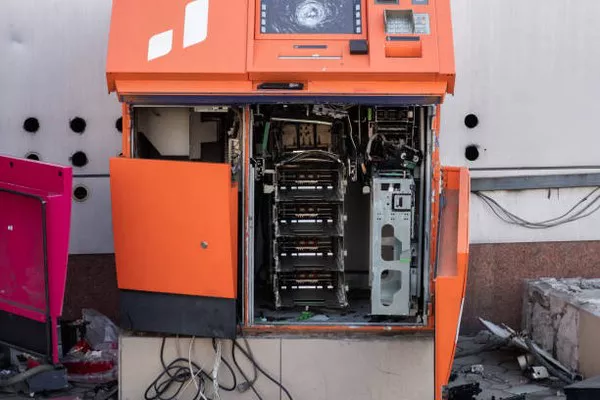Selecting the appropriate generator size to power a central air conditioning system is crucial for ensuring comfort and safety during power outages. With the increasing frequency of extreme weather events and power disruptions, homeowners and businesses are recognizing the importance of having backup power solutions. However, understanding the power requirements of central air conditioning units and matching them with the right generator size can be complex. In this article, we’ll delve into the factors to consider and the calculations involved in determining the suitable generator size for running central air conditioning systems.
Understanding Power Requirements:
Central air conditioning systems vary in their power consumption depending on factors such as size, efficiency, and age. The power needed to operate a central air conditioner is typically measured in British Thermal Units per hour (BTUh) or tons of cooling capacity. As a rule of thumb, a standard central air conditioner requires around 3,500 to 5,000 watts of power to start up and around 1,500 to 3,500 watts to continue running.
Factors to Consider:
Starting Wattage: Central air conditioning systems require higher power during startup due to the initial surge to get the compressor and other components running. This starting wattage is typically higher than the running wattage and must be accounted for when sizing the generator.
Running Wattage: Once the central air conditioner is running, it requires a lower, consistent amount of power to maintain operation. This running wattage is important to ensure the generator can sustain the load over an extended period.
Efficiency: Newer, more efficient central air conditioning units may require lower power consumption compared to older models. Considering the efficiency of the unit helps in accurately estimating the power requirements.
Other Loads: It’s essential to consider other electrical loads that will be powered simultaneously with the central air conditioner. These may include lights, appliances, and electronics. Adding up the wattage of all connected loads provides a comprehensive view of the generator’s total power requirements.
Calculating Generator Size:
To determine the appropriate generator size for running a central air conditioning system, follow these steps:
Identify Starting Wattage: Check the central air conditioner’s specifications or nameplate for the starting wattage requirement. This is the maximum power needed during startup.
Determine Running Wattage: Similarly, find the running wattage requirement from the unit’s specifications. This indicates the power needed to sustain operation once the unit is running.
Consider Additional Loads: Estimate the wattage of other appliances and devices that will be powered by the generator simultaneously with the central air conditioner. Add these to the starting and running wattage of the air conditioner.
Calculate Total Wattage: Add the starting wattage, running wattage, and the wattage of additional loads to determine the total power requirement.
Select Generator Size: Choose a generator with a rated wattage that exceeds the total wattage calculated in the previous step. It’s recommended to have a generator with some additional capacity to accommodate any unforeseen power demands or fluctuations.
Example Calculation:
Let’s consider a central air conditioner with a starting wattage of 4,500 watts and a running wattage of 2,500 watts. Additionally, we’ll assume there are other loads totaling 1,000 watts.
Total Wattage = Starting Wattage + Running Wattage + Additional Loads
Total Wattage = 4,500 + 2,500 + 1,000
Total Wattage = 8,000 watts
In this example, a generator with a rated wattage of at least 8,000 watts would be required to power the central air conditioner and other loads simultaneously.
Conclusion:
Choosing the right generator size to power a central air conditioning system involves careful consideration of various factors such as starting wattage, running wattage, efficiency, and additional loads. By accurately estimating the total power requirements and selecting a generator with adequate capacity, homeowners and businesses can ensure uninterrupted comfort and functionality during power outages. Consulting with a qualified electrician or generator expert can provide further assistance in selecting the most suitable generator for specific needs.

